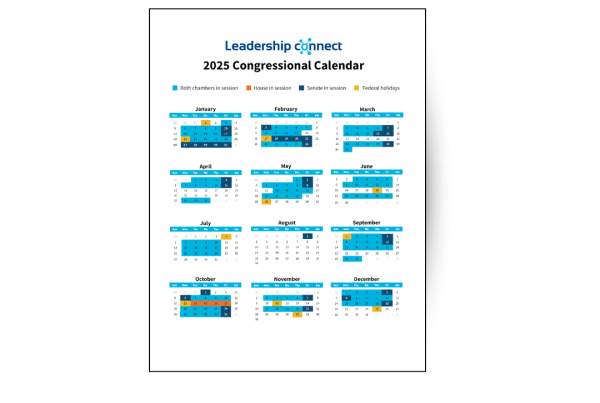
- 65% have experience working at a law firm
- 29% previously worked for two law firms
- Work/life balance and flexibility are attractive
- Targeted track can expedite your move, more so with our Peer Community
- Counsel can even create their own role once in-house – trends in HEOR, Privacy
The work/life balance of in-house counsel [see: freedom] is one many attorneys strive to attain. The ability to avoid the “billable-hours” and manage some family time each week are just some of the reasons attorneys are seeking out the in-house counsel role. Having a set schedule and rubbing elbows with upper management allows in-house counsels to seek out a host of opportunities not available in a typical legal track. Once in the door on a more permanent basis, the options range from becoming a highly specialized legal expert to a major player in advising and guiding executives’ strategic approach on company policy on subjects like cybersecurity, mergers and acquisitions or the increasingly important area of privacy. So, what career path should an attorney take to become an in-house counsel?
In analyzing the career path of Leadership Connect’s Fortune 100 in-house counsel, some trends arise. Starting out early and getting initial experience at a medium-sized law firm is a solid avenue to the corporate world. Being in the trenches and taking on the grunt work of the legal profession provides a good base to build upon. Of the counsels in Leadership’s F100, a whopping 65% have experience working at a law firm prior to heading in-house. The next step is to build on the foundation by being promoted within the firm or by plotting a move to another firm in a more senior role. Of Leadership’s F100, 29% worked for two law firms prior to moving in-house. Showing growth in the field by moving up the ranks at different law firms positions counsel as attractive to prospective companies.
Having a base understanding of legal work, especially in areas of law such as employment, contracts, intellectual property and patents, is also attractive to companies from a monetary standpoint – billable hours add up. Once an attorney does become in-house, their career track can go a couple different ways. The first (and most likely) career path is to become specialized in an area of need specific to that company, whether it be for privacy, benefits, M&A, real estate, trademark, labor, etc.
Sanjay A. Nararyan, vice president, global commercial and Health Economics and Outcomes Research (HEOR), Legal at Abbvie has a career path that shows the ability for in-house counsel to become specialized and essentially create a position unique to their skillset. Nararyan began his in-house career as business legal counsel then progressed to senior counsel, healthcare compliance. In his current position as VP, global Commercial and HEOR, Nararyan oversees the legal team for a growing field of HEOR at Abbvie. His unique combination of knowledge in pharmaceutical business and healthcare compliance law have helped him sculpt his role and primed him for taking on a very fresh area of law. His uncommon position highlights how companies are using counsel for more than typical legal functions. Lara Liss, vice president, global chief privacy officer at Walgreens Boots Alliance, has a career path that highlights the need for counsel to start with multiple legal experiences to gain overall experience prior to becoming a specialized in-house counsel. Liss was an attorney at Sidley Austin LLP from 2004 to 2009 before making the move to corporate counsel at Abbott Laboratories. Liss steadily climbed the corporate (legal) ladder by increasing her legal knowledge of privacy at UnityPoint Health as Attorney and HIPAA Privacy Officer, and then a promotion to Senior Counsel and Privacy Officer. These experiences helped her to become a legal executive and top privacy expert at WBA. Having that strong legal base prepares counsel to take on their next, more complex legal assignment.
It’s also important for companies to have counsel that are experts in multiple legal subject areas. This allows counsel to become a mentor to other counsels while also advising executives, whether legally and/or overall, strategically. Suzette Long, general counsel and corporate secretary at Caterpillar, has a career path that demonstrates how her broad area of expertise has allowed her to become the top legal counsel at the world’s largest construction equipment manufacturer. In 2013, Long took on the post of deputy general counsel for the legal services division, which meant she led EHS (Environmental, Health and Safety), product regulatory, and the investigations legal groups. In 2015, Long became deputy GC, which included leading the legal support for their energy and transportation business. It is these positions and Long’s ability to lead on such a wide variety of legal subjects that enabled her to become the CLO at Caterpillar. Steven R. Rodgers, Executive Vice President and GC at Intel, rose to his current position through accumulating a breadth of legal expertise. Starting at as VP and deputy GC of litigation, licensing and patents before being elevated to VP and general counsel, legal and corporate affairs. These experiences led Rodgers to become top legal counsel at Intel on Jan. 30, 2017. This path requires a counsel to be a bright legal mind but also one that can provide strategic business insight and work with colleagues of various cultures and ages.
If you’re ready to make the move to a specialized role in-house or want to increase the breadth of your legal knowledge through experience, join Leadership’s in-house counsel peer community to develop relationships to grow personally and professionally.






